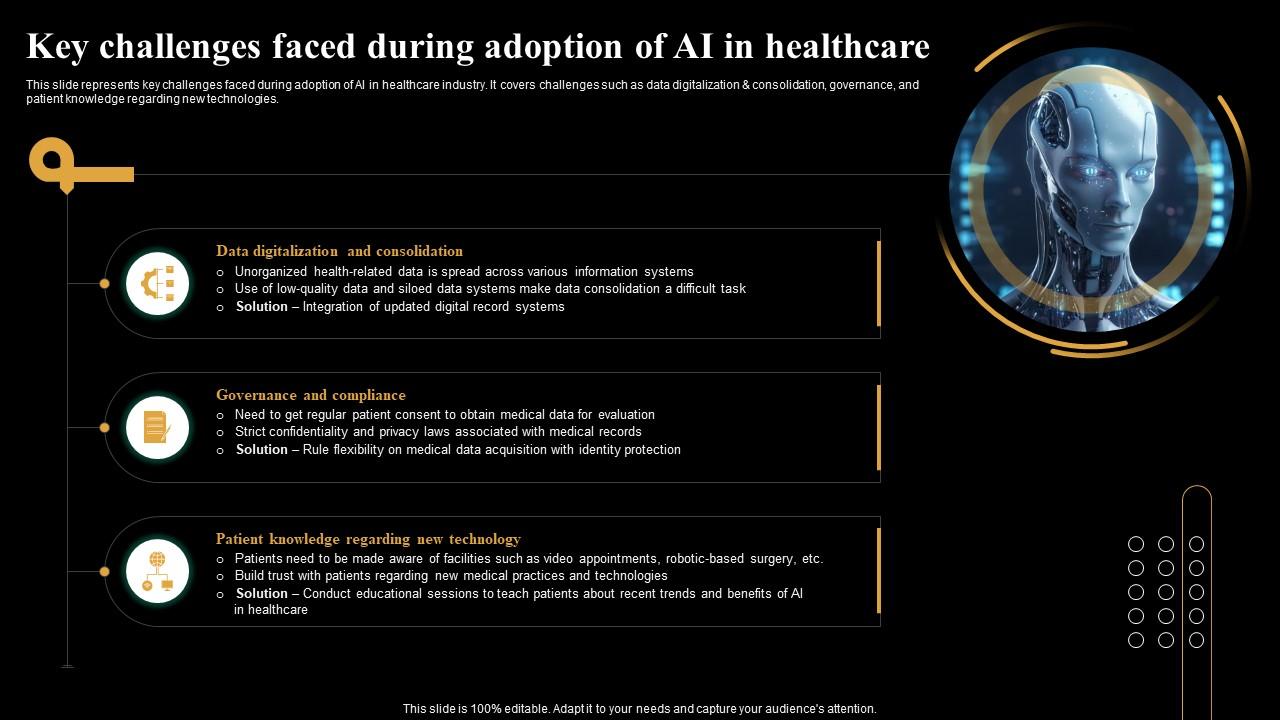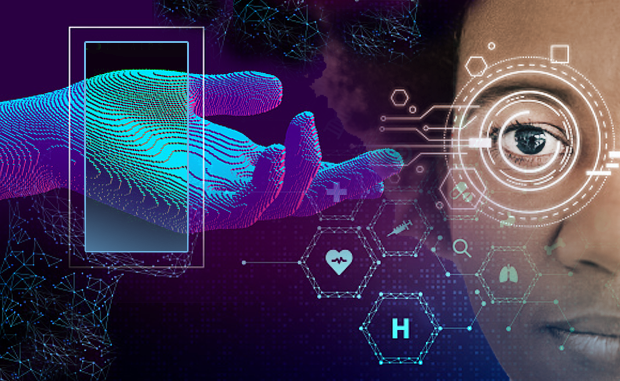Doctors Using ChatGPT to Treat Patients
A recent study conducted by researchers at Harvard University has raised concerns about the increasing use of artificial intelligence tools by family doctors in the UK. According to the study, one in five GPs in the UK have been utilizing AI tools such as ChatGPT to assist in the treatment of patients, despite the lack of regulatory frameworks in place.
AI Tools in Medical Practice
The survey, which involved 1,006 GPs, revealed that a significant number of doctors have been leveraging AI technology to diagnose conditions, find treatment options, and even generate documents post-patient consultations. Some doctors admitted to using AI tools like ChatGPT, Microsoft’s Bing AI, and Google’s Bard to enhance their clinical practice.

While the use of AI tools such as ChatGPT can streamline administrative tasks and aid in clinical decision-making, experts have cautioned about the potential risks involved. The unregulated use of AI tools could pose harm and compromise patient privacy, as highlighted by the study.
Challenges and Recommendations
The researchers emphasized the need for clearer guidelines and work policies surrounding the use of AI in general practice. They also pointed out the importance of training doctors about the benefits and limitations of AI tools to ensure safe and efficient utilization.

Prof Kamila Hawthorne, chair of the Royal College of GPs, stressed the importance of closely regulating AI to safeguard patient safety and data security. She mentioned that AI has the potential to address the issue of excessive bureaucracy in general practice, freeing up valuable time for patient care.
Conclusion
While AI tools like ChatGPT offer valuable support to healthcare professionals, they should be viewed as complements to, rather than replacements for, the expertise of medical professionals. As the medical community navigates the integration of AI into everyday practice, it is crucial to strike a balance between innovation and safeguarding patient welfare.

The study, published in the BMJ Health and Care Informatics journal, sheds light on the evolving landscape of AI in healthcare and underscores the need for thoughtful regulation and ongoing education within the medical field.










